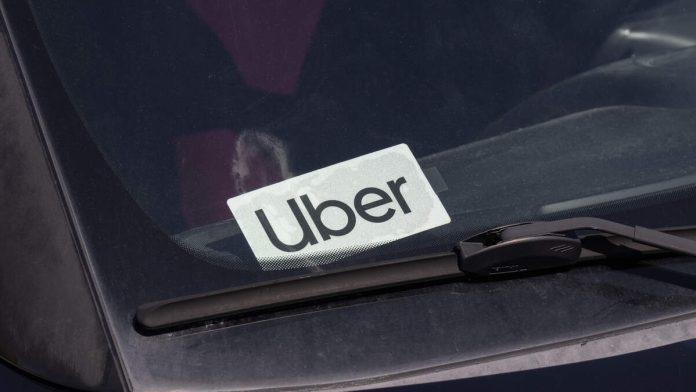California ride-hailing drivers are on the brink of gaining the right to unionize after lawmakers passed Assembly Bill 1340, sending it to Governor Gavin Newsom’s desk on Tuesday. The bill, known as the Transportation Network Company Drivers Labor Relations Act, establishes collective bargaining rights for over 800,000 rideshare drivers, allowing them to form unions and negotiate with companies like Uber and Lyft while maintaining their status as independent contractors.
Governor Newsom, along with Senate President Pro Tem Mike McGuire and Assembly Speaker Robert Rivas, has already expressed support for the legislation, making its signing into law a formality. Senator Dave Cortese, who presented the bill, emphasized its significance for the labor movement in California, stating that it provides a path toward a living wage and better working conditions for drivers.
The bill is part of a broader agreement that includes Senate Bill 371, which aims to reduce insurance costs for rideshare services. This agreement marks a significant development in the ongoing debate over the rights of gig workers, particularly in the context of Proposition 22, which classified drivers as independent contractors and limited their ability to unionize.
Labor unions and rideshare companies reached a compromise to advance the collective bargaining bill, which will allow drivers to negotiate pay and other terms of their agreements. However, some labor advocates have raised concerns about the bill’s strength, noting that it does not clarify protections for drivers who protest or strike.
Despite these concerns, the bill is seen as a major victory for gig workers in California, providing them with a stronger voice and the potential for improved wages and benefits. The legislation is expected to be signed into law soon, paving the way for a new era of labor rights for rideshare drivers in the state.

Recent Comments